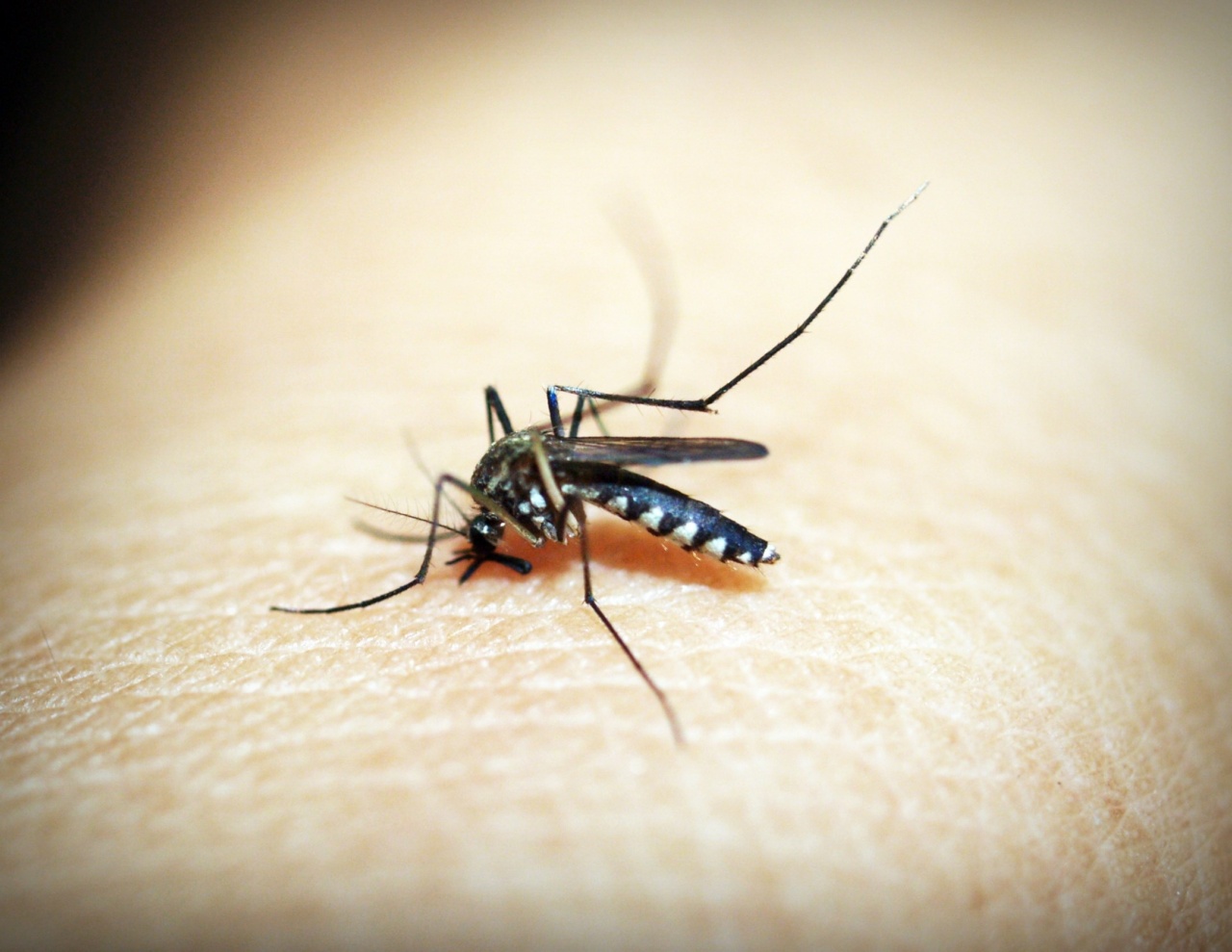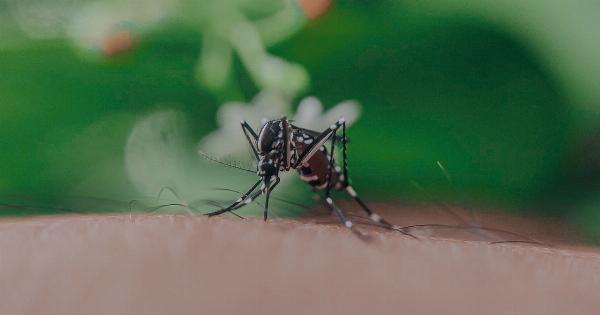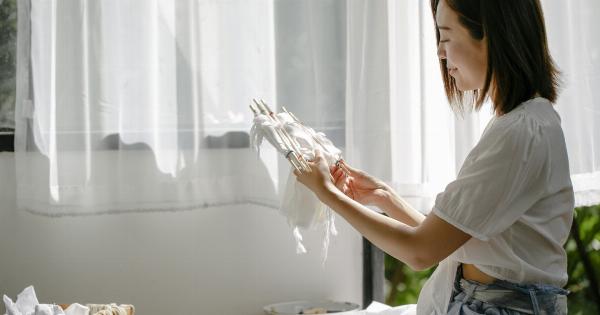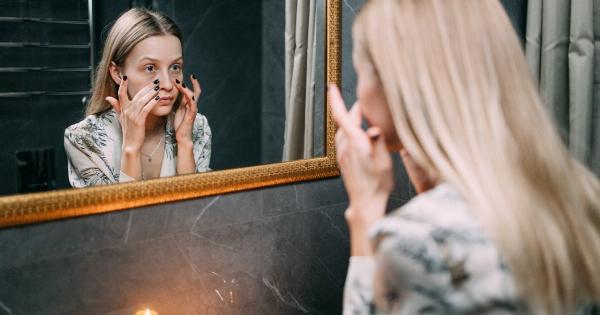Mosquitoes are irritating pests found all around the globe. With their itchy bites, they can turn a peaceful summer evening into a horrible nightmare. It’s no wonder that so many people look for remedies to deal with these pests.
However, not all of the remedies out there are safe or effective. In this article, we will discuss ten mosquito sting remedies you shouldn’t use.
1. Opening Up And Squeezing Mosquito Bites
One of the most common misconceptions surrounding mosquito bites is that scratching will relieve the itch. However, in the long run, it will only make the itch even worse.
When you scratch, you’re not only irritating the already damaged skin even more, but you’re also breaking the skin and leaving it open to bacterial infections. Try your best to resist the urge to scratch and instead opt for a cream-based anti-itch medication. Antihistamines like Benadryl and hydrocortisone cream can help relieve itching and calm irritation.
2. Applying Lemon Juice To Mosquito Bites
Lemon juice is often suggested as a natural remedy for mosquito bites.
While it’s true that the citric acid found in lemons can help relieve some of the itching and discomfort, applying citrus to the skin can make you more susceptible to sun damage. If you opt to use lemon juice to relieve your mosquito bite, make sure to protect your skin from the sun’s harmful rays.
3. Using Heat Treatments On Mosquito Bites
Some people suggest using heat treatments on mosquito bites, such as taking a hot shower or running a heated spoon under hot water and using it to press on the affected area.
This is not recommended as the heat can actually cause your body’s histamines to release even more, contributing to further itching and discomfort.
4. Applying Heating or Cooling Balms To Mosquito Bites
Cooling balms or ointments, like Vicks Vaporub, are sometimes suggested as a means of relieving mosquito bites.
Unfortunately, although these balms can create a cooling sensation, they don’t actually have any ingredients that help to reduce swelling or itchiness. Some people also suggest heating balms such as Tiger Balm to reduce itching and inflammation. However, like heat treatments, this can make you feel even more uncomfortable. It’s best to stick with medication designed to soothe itchiness and pain.
5. Rubbing Alcohol On Mosquito Bites
Rubbing alcohol is often suggested as a cheap and effective remedy for mosquito bites. While it’s true that alcohol has the effect of numbing the affected area, it can also cause further irritation.
In addition, alcohol can dry out the skin, making it more susceptible to cracking and infection. Instead of using rubbing alcohol, opt for an insect bite cream or stick that has antiseptic properties to kill bacteria and prevent infection while treating the bite.
6. Using Essential Oils On Mosquito Bites
There are many essential oils in the market that promise relief from mosquitoes. Unfortunately, many of these oils can lead to redness, irritation, and even blistering when applied topically.
Essential oils like tea tree and eucalyptus can also be toxic if ingested. Therefore, it’s essential to be cautious before using essential oils in any way. Make sure they’re approved for topical use and preferably diluted with a carrier oil before use.
7. Applying Nail Polish To Mosquito Bites
Another seemingly bizarre method for mosquito bite relief is applying clear nail polish to the bite. The idea here is that the nail polish creates a barrier between the mosquito bite and the air, which stops the itch.
However, in reality, applying nail polish over the bite will only make it more challenging to scratch the area when you inevitably feel the need. Instead, try an anti-itching cream or stick.
8. Using Baking Soda On Mosquito Bites
Baking soda baths are a popular home remedy for itching caused by mosquito bites. As a natural exfoliant, baking soda can help reduce inflammation and itchiness.
However, applying too much baking soda without diluting it can cause adverse reactions on your skin like redness or rash. Therefore, it’s best to dilute baking soda in water and dab it on the affected area with a cotton ball.
9. Using Toothpaste On Mosquito Bites
One common remedy for mosquito bites that’s often suggested is applying toothpaste to the affected area. Toothpaste may have a cooling effect and reduce mild itching, but it’s not an effective solution for mosquito bites.
In fact, some toothpaste contains ingredients that can create even more irritation or an allergic reaction, leaving you in more pain than you already are. Therefore, it’s best to avoid using toothpaste as an itch reliever and opt for a dedicated anti-itch medication instead.
10. Prescribing Antibiotics For Mosquito Bites
This may well be the most dangerous remedial practice for mosquito bites- taking antibiotics. While mosquito bites can cause mild infection for some individuals, antibiotics are not required for this treatment.
Antibiotics should only be prescribed for the most severe cases, which are rare. Misuse of antibiotics increases the number of drug-resistant bacterial infections that we can’t treat with antibiotics anymore. It’s best to visit a doctor and seek medical attention in the case of severe infection or allergic reactions.
Otherwise, topical anti-itching creams are your best bet.





























